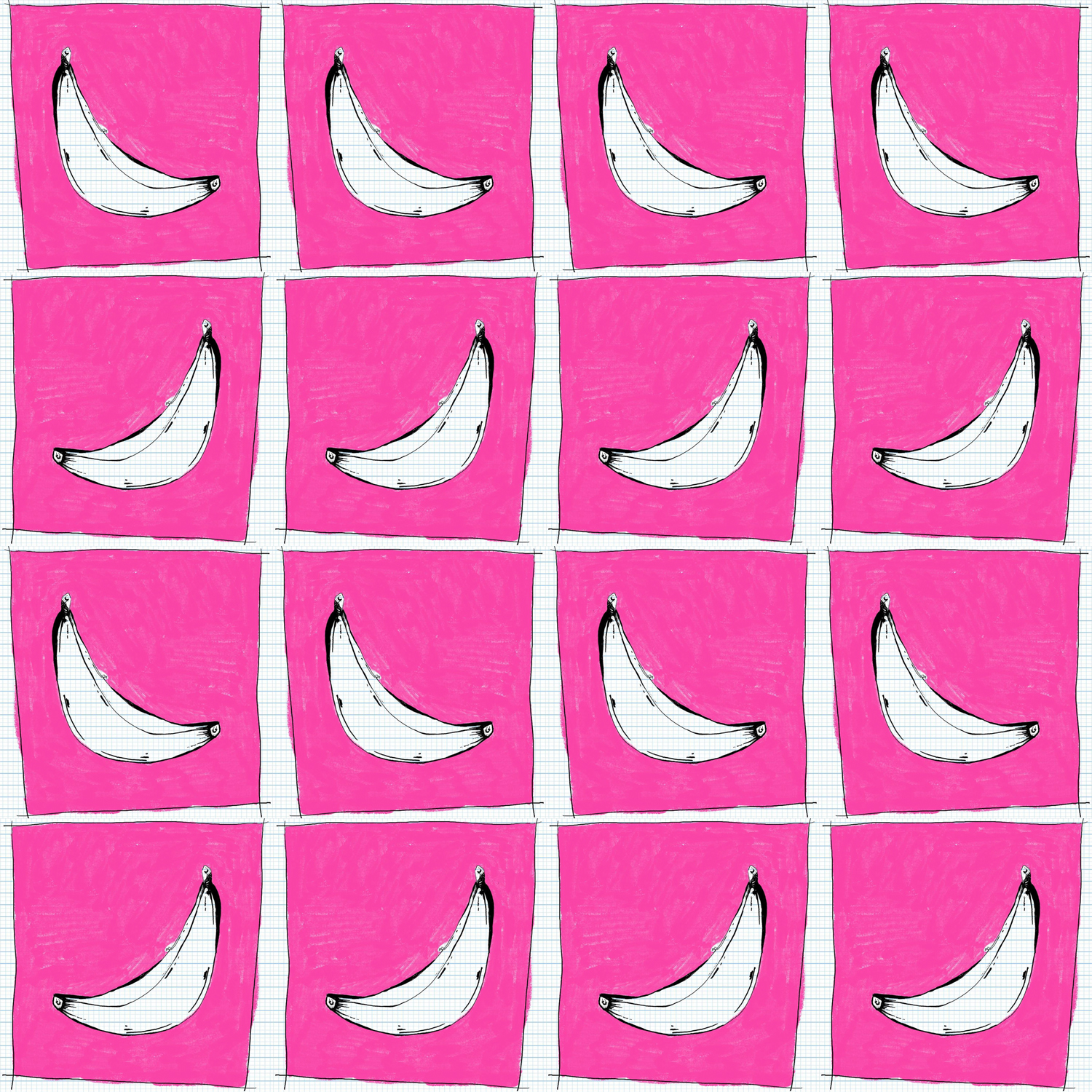DO I REALLY HAVE TO CODE 24/7 TO BE A GOOD PROGRAMMER OCT 18, 2019 - 2 MIN READ
I got into the idea of becoming a programmer for several reasons. But the reason that actually got me started on doing the work of becoming a programmer was the excitement other people had about being programmers. They also seemed really happy with their lives. I wanted what they had.
Then I started to hear other things. Things like, to be a good programmer you had to sell your life and soul to the time lords. That to be a good programmer you had to program twenty-four hours a day everyday. That to be a good programmer you had to write code that would create more time in which you could then use to write more code. I panicked a little inside. I know me and I know that I don’t and would never feel that way about anything. Do I give up now or do I try and contort myself into someone else’s idea of a good programmer and just hope that I’ll like it once I’ve mutated?
Articles like, How to be TRULY Competitive for Software Jobs, by Raymond Gan started showing up in my sphere. After reading them I would get discouraged. I could see some merits in what they were saying. I could get behind and even get excited to try some of the things they would suggest a good programmer should do. But the general tone of articles like that one would leave me worrying and doubtful of my future potential as a developer. Do I really have to build my own programming language, do I really have to build my own mini-version of Rails, do I really have to build my own mini-React from scratch?! I wasn’t worried that I could never do those things, I worried because I knew I probably would never want to do those things.
Then this week our class went on some tours of businesses where real life programmers are working. And you know what happened? Not a single one of those programmers ever gave us advice that sounded like or felt like Gandalf shouting, “You shall not pass!” as he brought down his staff to block the path of the Balrog Demon in pursuit. No, they said things like, “I love my job”, “I love the people I work with,” “I love the company I work for,” “I love the projects I get to work on,” “I don’t do a lot of coding after work,” “I go home and hang with my friends and family after work,” and “Sometimes I do a little coding on the side but it’s for fun!”
They encouraged us to study and study hard, to do a little coding every day so we didn’t lose the skill, to get connected and ask questions, but to also have a life and to take care of ourselves. I liked every place we visited. I liked the culture they built in their workplaces. I liked the way they never felt like their work was work. I liked the way they treated their profession and each other. I found myself once again wanting what they have.
At the end of an all-day marathon of coding and researching at school I go home pumped-up and ready for more! I think about it all day and night. I listen to podcasts in my car on the drive home, I put on audio books about programming while making dinner or taking my walks, I talk about it with whoever will listen, and then I spend the rest of my evening either doing more code or reviewing the things I learned earlier in the day. I lean into it like I haven’t anything else. It makes me focus focus focus. And as a trauma survivor who has spent her whole life living with complex PTSD and all the ways that it hijacks my brain and body this new ability to focus on something other than my pain and fear has been life-changing. That is putting it mildly.
I feel real joy again for the first time since I can remember. Programming is creative in ways I never imagined. It brings me so much joy just to make things and to figure things out, it’s like playing with puzzles all day. Knowing that I can use programming to make things that are useful to other people pushes that joy right over the edge into, dare I say it, euphoria. I forgot how much I just love to learn and programming requires it. In programming I’m always learning something, which maybe springs from the non-repeating nature of the task. I learn and create and exert my imagination and challenge my inner-complainer and critic. Coding is collaborative and the developer community is refreshingly open and immensely supportive. I feel like I have found my people.
